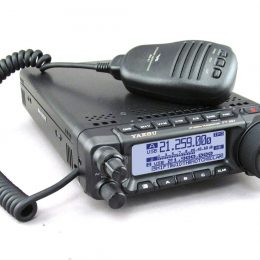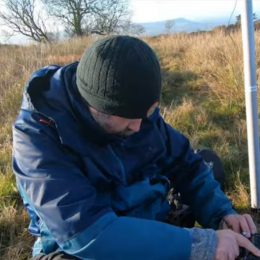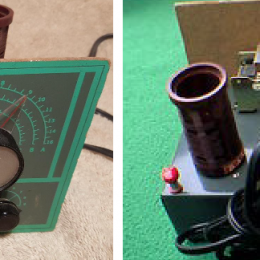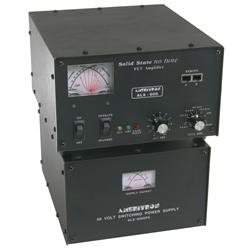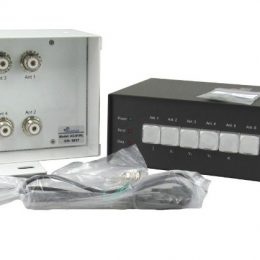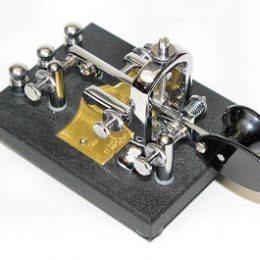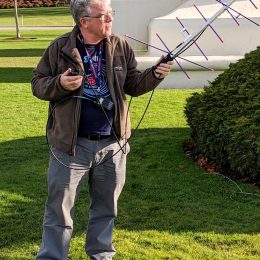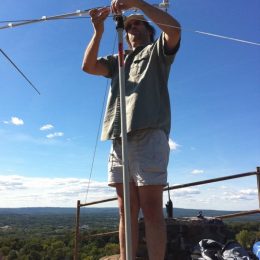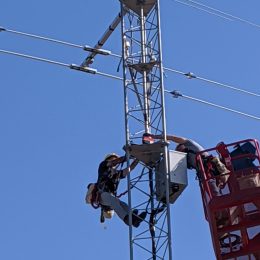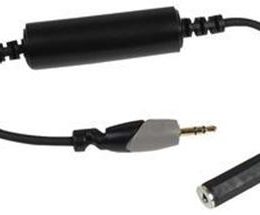HAM Radio 101 / Technical Articles
1. Licensing or Lack Thereof Ham Radio requires operators to be licensed. In the United States, the Federal Communications Commission (FCC) is responsible for regulating the airwaves. Without a license, […]
Technical Articles
Attention hilltoppers and chasers! In this video installment of Radio Adventures with SOTABeams’ Richard, G3CWI, he chats with amateur operator Tom, M1EYP, who shows how FT8 could be used with […]
Technical Articles
Based on previous articles in Amateur Radio magazines and on-air conversations, many of you, like me, may have gotten into Amateur Radio via Shortwave Listening (SWL). Some of you may […]
Technical Articles
When it comes to contesting, are you ready to jump from “Little Pistol” to “Big Gun”? A “Big Gun” refers to a station equipped with all the bells and whistles, […]
Technical Articles
Station repairs and upgrades can take place all year round, inside and out. That said, Hams who live where the chilly winds blow and the snow flies during the winter […]
Technical Articles
Learning Morse code for CW operation has many similarities to learning how to play a musical instrument. Modulating the musician’s maxim about achieving success, “How do you get to the […]
Satellite Operation / Technical Articles
Satellite operating is one of the great activities available to Ham Radio operators. With a small amount of gear and a little practice, anybody can get involved in working stations […]
HAM Radio 101 / Technical Articles
You studied hard and passed the test—congratulations, you’re a Ham Radio operator! With that new Technician license in hand you can now get on the air. But what, exactly, does […]
Products & Product Reviews / Technical Articles
On a cool, foggy morning in early October, DX Engineering Operations Manager Cory Gibson, W3CDG, and fellow team members watched as a hard-hatted tower expert ascended near the top of […]
Technical Articles
Hams are typically less precise in their use of technical terms than are professional engineers and technicians. Nowhere is this more true than in descriptions of signals contaminated with unwanted […]

